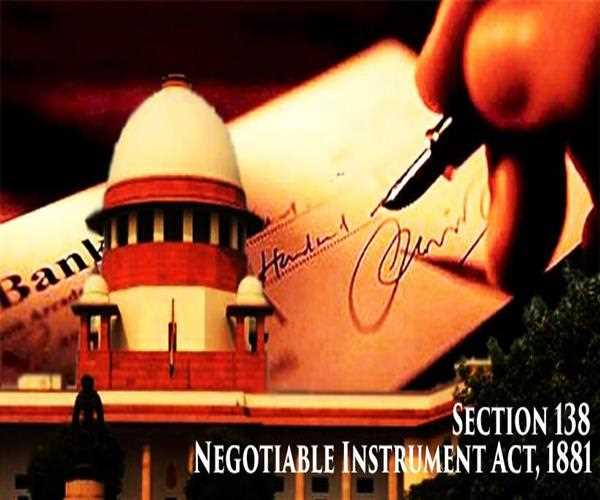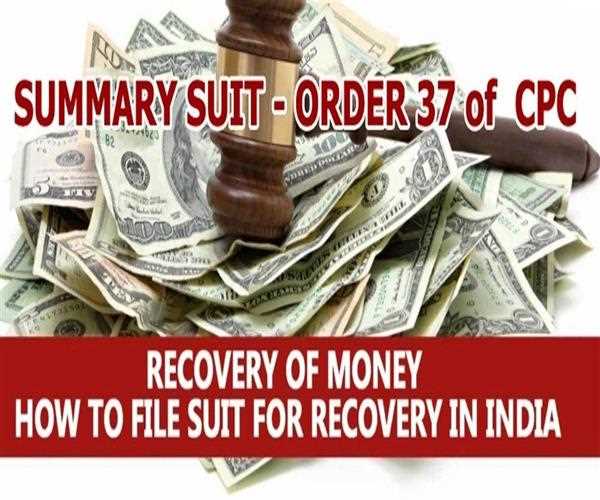Difference
- The basic difference between both the provisions of Law is that section 138 of the Negotiable Instrument Act is punishable by the Law with the physical punishment of 2 years as imprisonment
- Whereas under order 37 of the CPC “Summary suit” is only available as a remedy to recover the money of debt as soon as possible and it is not punishable with physical or the other way, which means only the compensation as his original money will be returned.
This section of the NI act speaks about the punishment in the case of the
discharge of the cheques. When any person named as “drawer” gives a cheque as
promissory notes
to another person. Who will give it to the bank named as “payee”, And due to any reasons either due to the
unavailability of money in the account or the exceed of the cheque amount. The person
“drawer” will be accounted for as he committed the
offence. Which can be punishable if he didn’t pay it under the 15 days of the returning of the cheque. And the payee can deposit the cheque in the bank
under the 3 months of the check issued or the validity of the cheque. He can choose whichever is earlier.

Punishment for the offence done r the section 138 of the NI act
The person who said to committed the offence will be punished with imprisonment of up to 2 years or with the fine of double the amount of cheque or with both.
Recovery suit under order 37 of the CPC
As this name “recovery” tells us a lot which means the return of any given items or any promissory notes to pay, yes. We are exactly right as this is a special remedy given by the Special Court as the civil court and the High Court only for the purpose recovery of any debt money, dishonor cheques, liquidated money of damages and the hundies or any instrument which any person promised to pay in the form of the
written contract. In these cases, the court issues the summons to the defendant, and under the 10 days of receiving the summons, the defendant should mark his presence in front of the court. And then the plaintiff will ask the defendant for the judgment of the deft and the defendant will; file his affidavit in the response to the plaintiff’s complaint
under 15 days of the order.

punishment
in this provision of Law, there is no such punishment is available as in the above section 138 of the Negotiation Intrument act's, but only to return the money of payee.